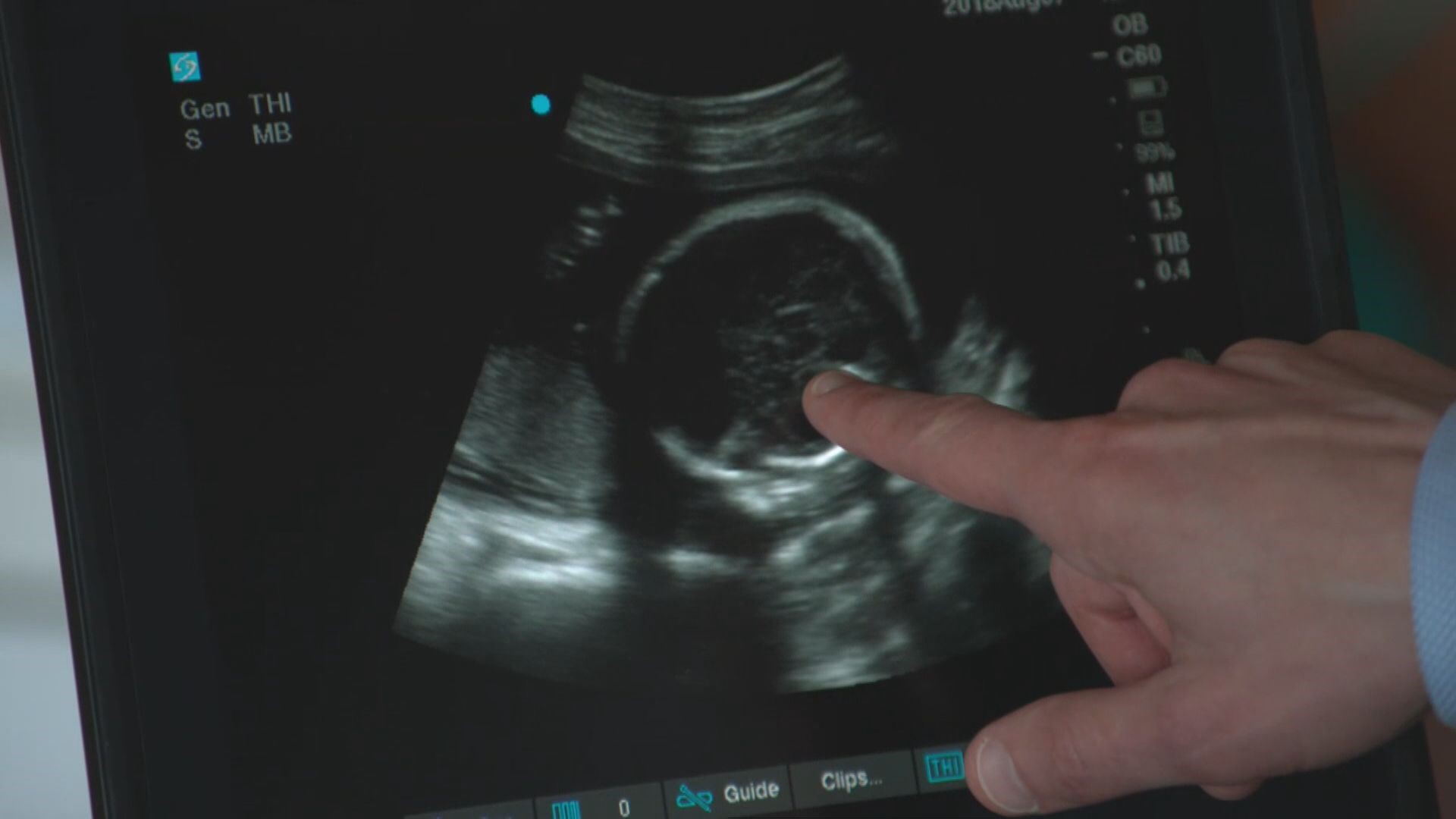INDIANAPOLIS — In a little over a month, Indiana's new abortion law will take effect, enacting one of the strictest anti-abortion laws in the country.
Already, physicians around Indianapolis are warning that these restrictions will hurt, even kill pregnant people in the Hoosier State.
Across the Indiana border in Ohio, many doctors say the state's strict anti-abortion measures are already negatively impacting health care there.
"We're trying to do what's best for the patient. But we are being restricted so much by the law that it impedes our ability to care for our patients," said Dr. Tani Malhotra, a maternal fetal medicine physician in Cleveland, Ohio.
Its been more than a month since Ohio's heartbeat law went into place, enacting a near all-out ban on abortion immediately after Roe vs. Wade was overturned.
“Roe fell on Friday and we had these cases starting on Monday. As a high-risk pregnancy physician, this is our day’s work, we’ve had this day in, day out," Malhotra said.
The law allows abortions to prevent death or serious risk of substantial and irreversible impairment of the mother. That exception is very similar to what Indiana's new abortion law will allow.
RELATED: Gov. Holcomb signs abortion ban into law, takes effect Sept. 15; $200 tax refund bill also signed
But Malhotra said that language is vague, leaving doctors with little clarity on when they can legally act.
"Do they have to be actively in the process of getting really sick? In those cases, it's been a little clearer. We're able to make a call to our lawyers and proceed with the abortion. But if it's not, if they're not imminently getting sick, the law becomes extremely murky," Malhotra said. “It’s not just strange, it’s unsafe. We’re delaying care in those cases where things are getting worse, where things are getting rapidly worse. And we’re saying, 'Okay, I know what I need to do, but wait a second, let me get in touch with a lawyer.' And I can only imagine that at smaller hospitals, access is so much harder and delays in care are so much more significant."
For women facing serious conditions but are not yet actively declining, Malhotra said when possible, they're going out of state, including to Indiana, to access the abortion care they're looking for. At home in Ohio, instead of being able to make these decisions between physician and patient, now Malhotra said they're calling lawyers to ensure they can legally offer lifesaving care, and it's tough.
“It’s heartbreaking," Malhotra said. "These patients are already in precarious situations, they’re upset, this is not what they had hoped for. They’ve been continuing their pregnancy, they wanted this, this was a desired pregnancy, they’re going through a complication and then we’re telling them, 'Wait, you’re just not sick enough for us to intervene yet.' It is just devastating."
But exactly how serious, how life-threatening a health threat must be before they can legally act isn't clear.
"Does it have to be 25%, does it have to be 50%, or does it have to be 100%?" she asked. "And by the time we're waiting for someone to actively be dying in front of us, we've already made their outcomes significantly worse."
Doctors in Ohio dealt with this uncertainty immediately after their state law took effect, Malhotra said.
Soon, physicians here in the Hoosier State will be faced with these same challenges when Indiana's abortion ban takes effect next month.
"We took an oath to do no harm. But now, we're waiting for enough harm to occur before we can do what needs to be done to not let them be harmed," Malhotra said.

